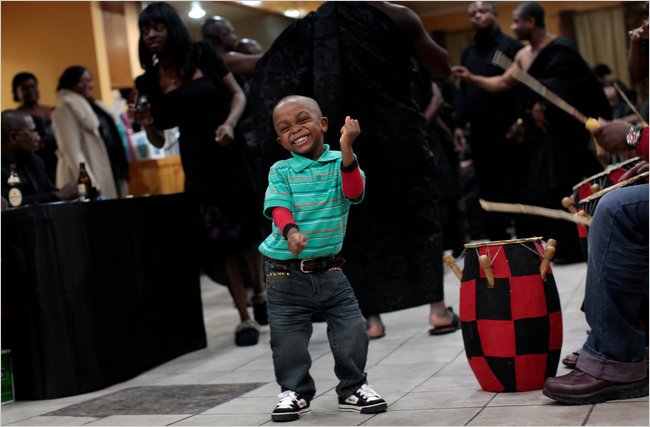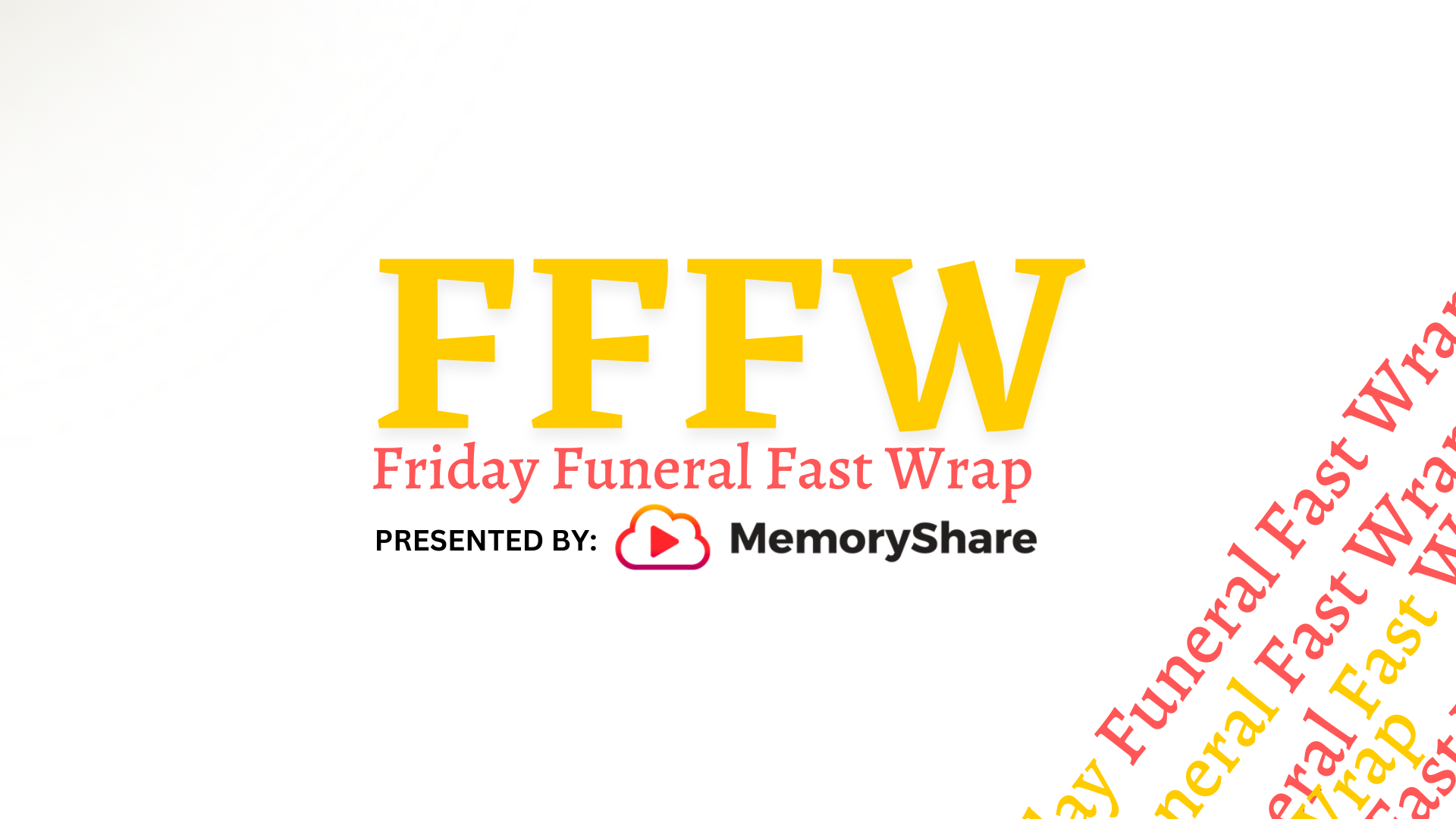Dance, Laugh, Drink. Save the Date: Its a Funeral in The Bronx
 At 2 a.m. on a Saturday in the Bronx, the dance floor was packed, the drinks were flowing and a knot of young women with stylish haircuts and towering heels had just arrived at the door, ready to plunge into the fray.
At 2 a.m. on a Saturday in the Bronx, the dance floor was packed, the drinks were flowing and a knot of young women with stylish haircuts and towering heels had just arrived at the door, ready to plunge into the fray.
It could have been any nightclub or wedding hall — except for the T-shirts, posters and CDs bearing the photo of an elegant older woman. The raucous party was, in fact, a funeral for Gertrude Manye Ikol, a 65-year-old nurse from Ghana who had died two months earlier. A few blocks away, guests spilled out of an even more boisterous memorial.
The Irish may be known for their spirited wakes, but Ghanaians have perfected the over-the-top funeral. And in New York City, these parties anchor the social calendar of the fast-growing community of immigrants from that West African nation.
Held nearly every weekend in church auditoriums and social halls across the city, they are all-night affairs with open bars and window-rattling music. While the families are raising money to cover funeral expenses, teams of flourishing entrepreneurs — disc jockeys, photographers, videographers, bartenders and security guards — keep it all humming while turning a tidy profit.
There may or may not be a body present, or a clergyman. The beliefs expressed may be evangelical Christian, Roman Catholic or secular. The deceased may have died in New York or in Africa, a few days or a few months earlier. But the funerals all serve the same ends — as festive fund-raisers for bereaved families and as midnight reunions for Ghanaian nurses, students, scientists and cabdrivers looking to dance off the grind of immigrant life in New York.
“To us it’s a celebration, but to an American they see it as a place of sadness,” Manny Tamakloe, 27, an aircraft mechanic, shouted over the music as he sipped a Guinness at Mrs. Ikol’s funeral. “If you’re Ghanaian and you come here, you’ll see 10 or 12 people you know and they’ll introduce you to somebody. And before you know it, you know everybody.”
“Why go to the bar,” he asked, “when you can come here and get it for free?”
Weddings, christenings and birthdays are all celebrated heartily in Ghanaian circles, but few match the scale and decibel level of the memorial service. When Kojo Ampah, 34, finds himself without weekend plans, he phones his wide circle of fellow expatriates to ask, “Hey, is there any funeral?”
Generally come-one-come-all, the memorials have become larger and more frequent in recent years as New York City’s Ghanaian population has grown and become more settled, community leaders say. The latest census estimates show that there are about 21,000 Ghanaians in the city, mostly in the Bronx, up from 14,000 in 2005.
The parties are fervently anticipated, promoted weeks in advance with online advertisements — “Save this day,” one said, “as I celebrate the life of my mother” — or with stacks of glossy fliers that pile up at African restaurants and groceries. The fliers often resemble theater playbills, with photos of the grieving family and friends, known as the “chief mourners,” as well as credits for the M.C. and technical staff.
A well-attended funeral carries great social prestige — and the bigger the party, the better. On a Friday night when Mr. Tamakloe had already been to two, he described the arrangements for a stranger’s coming memorial in the Bronx.
“Everybody’s saying this is going to be the hottest funeral of the year,” he said.
Henry Boateng, an engineer, has spent months planning a funeral this Saturday for his father, Albert Ernest Boateng, who died in July in Ghana. At least 300 people will show up, he predicted.
The parties are a direct import from Ghana, where funerals are world-renowned for their size and extravagance. Coffins there sometimes resemble Mardi Gras floats; an athlete’s might be shaped like a soccer ball, a fisherman’s, like a canoe.
In Ghana, “the most significant cost you’re going to incur in your life is not going to be your wedding — it’s going to be your funeral,” said Brian Larkin, a Barnard College anthropology professor who studies West African culture.
“People get caught up in a competitive display,” he continued.
As in Ghana, funeral guests in New York need not know the deceased or even the family. But they are expected to pay respects to the bereaved, cut loose on the dance floor and donate $50 to $100 — though many do not pay — to help fly the body back to Africa or cover other costs. A big party can raise thousands of dollars.
Read Rest of Full Story Here: http://www.nytimes.com/2011/04/12/nyregion/12funerals.html?pagewanted=1&_r=2&nl=nyregion&emc=ura1
Photo Credit: BÈatrice de GÈa for The New York Times




